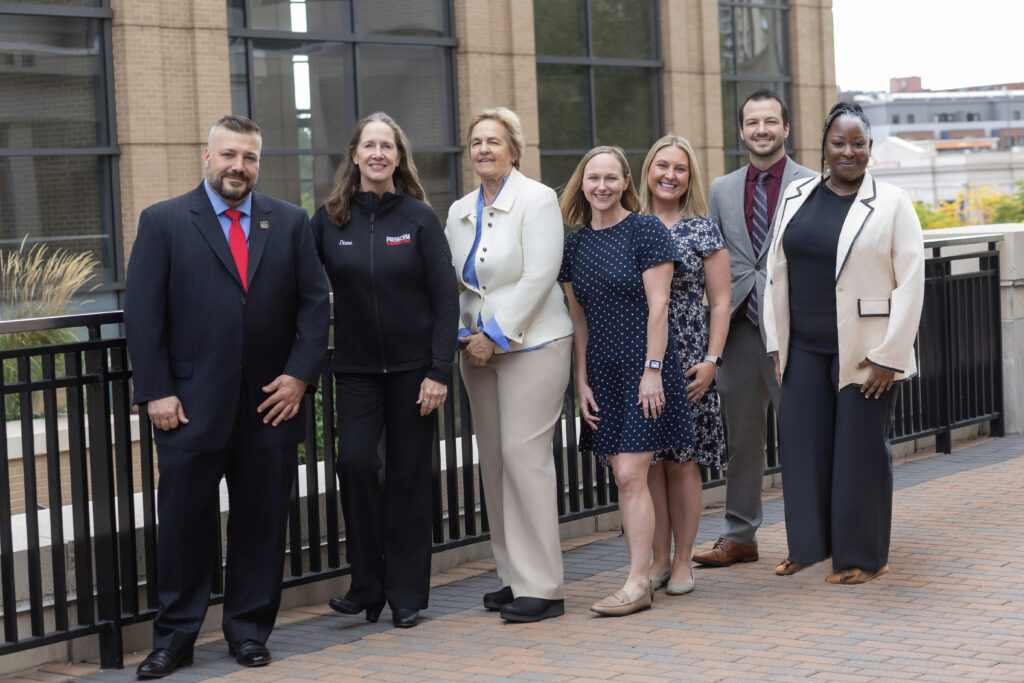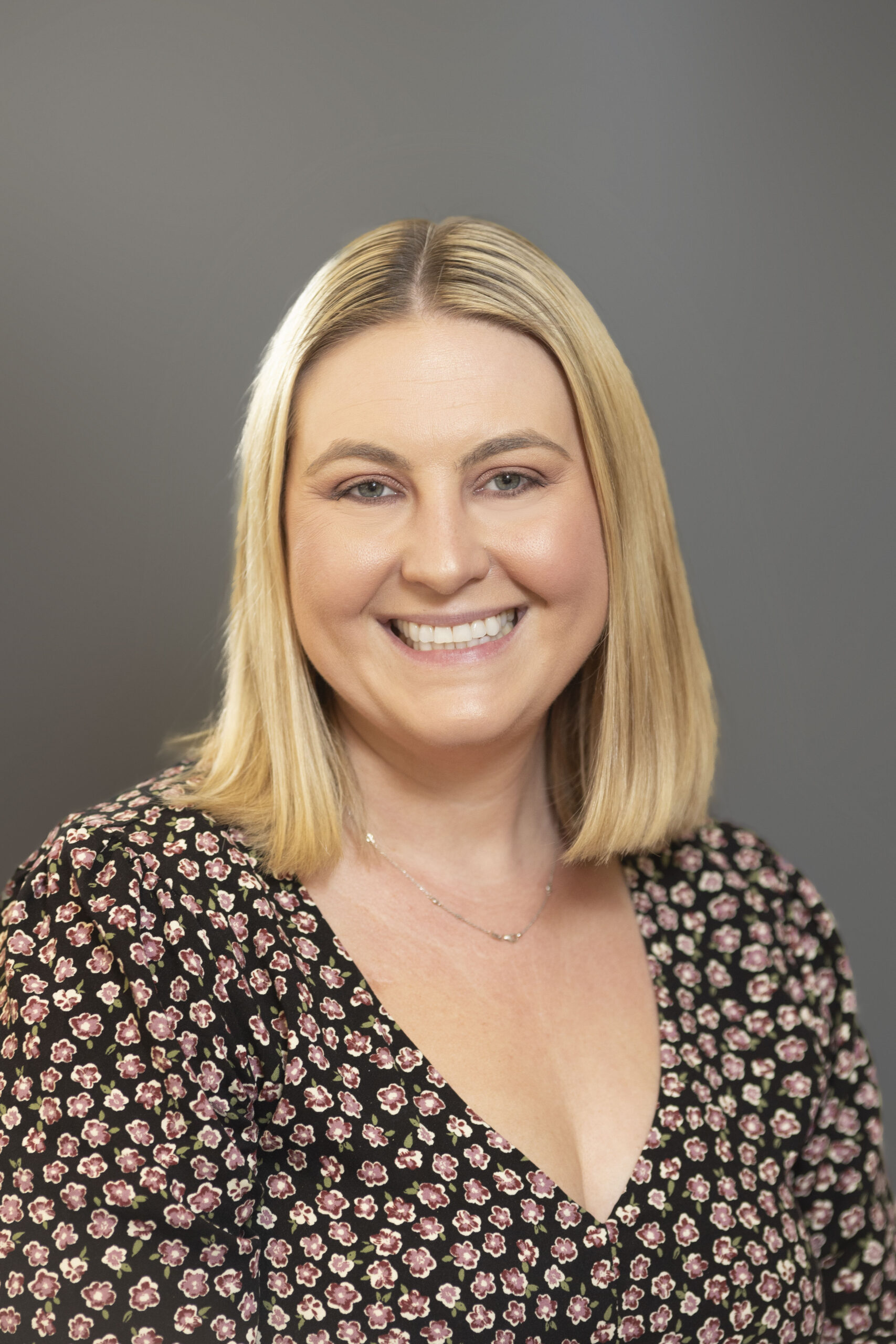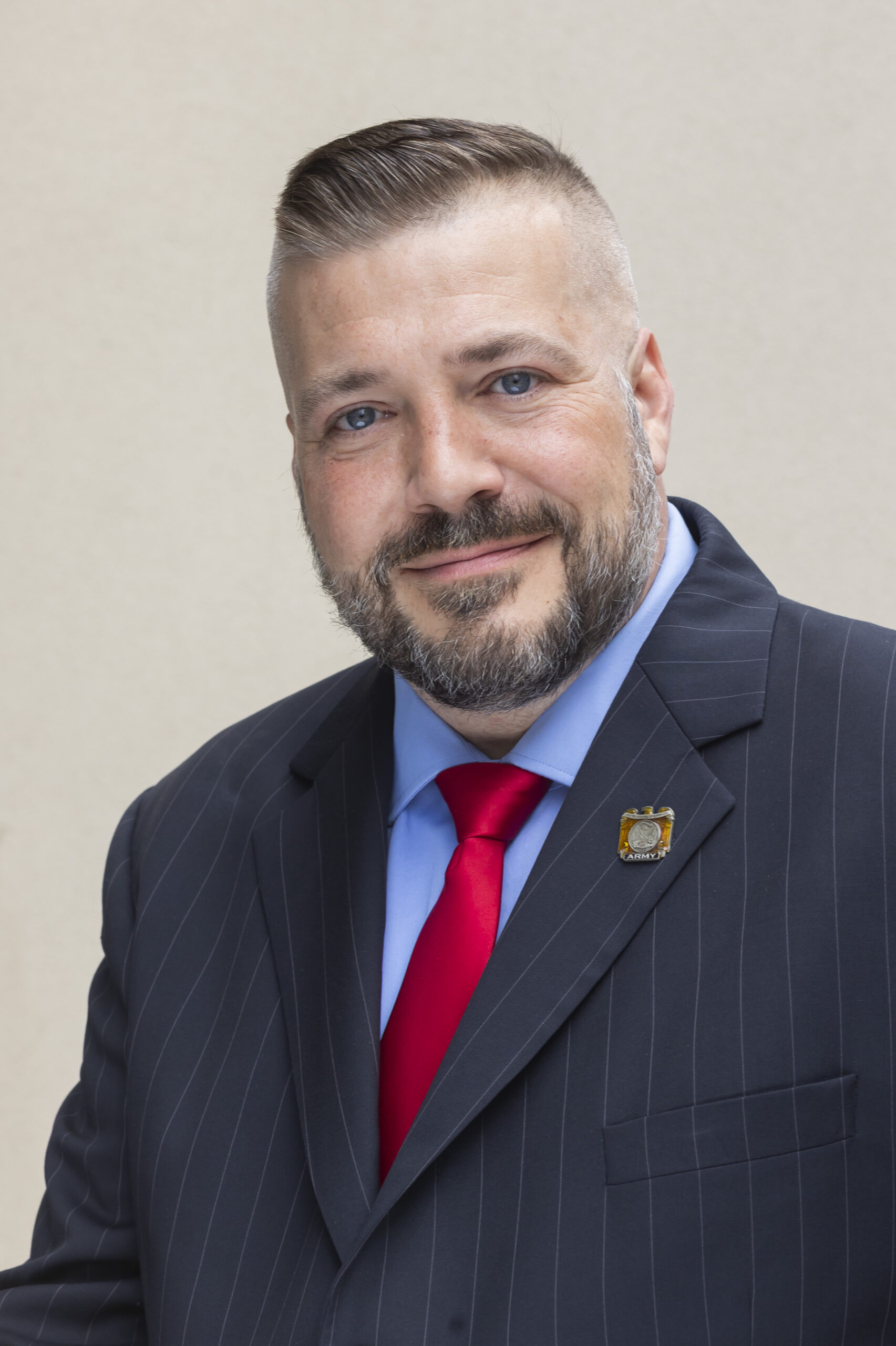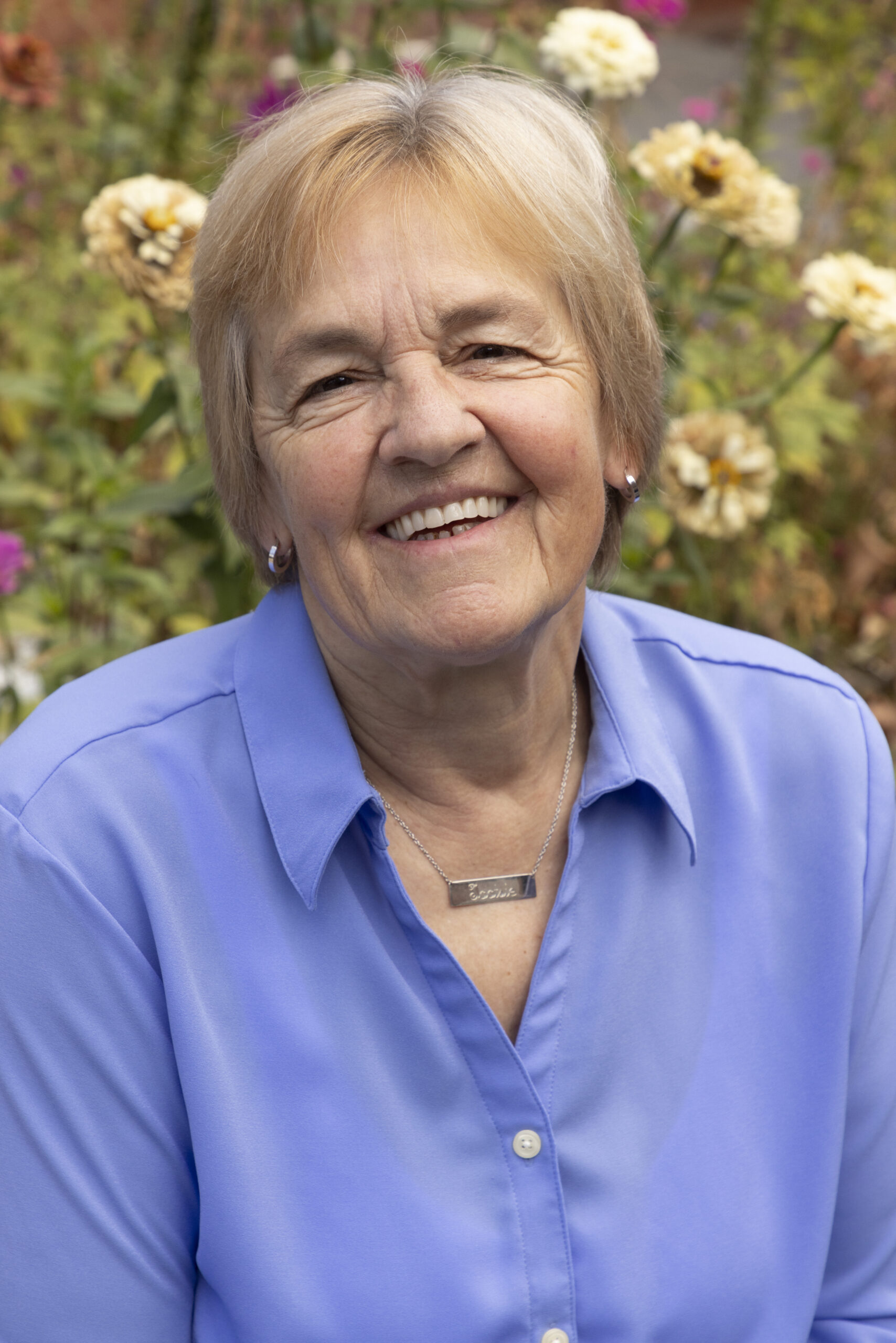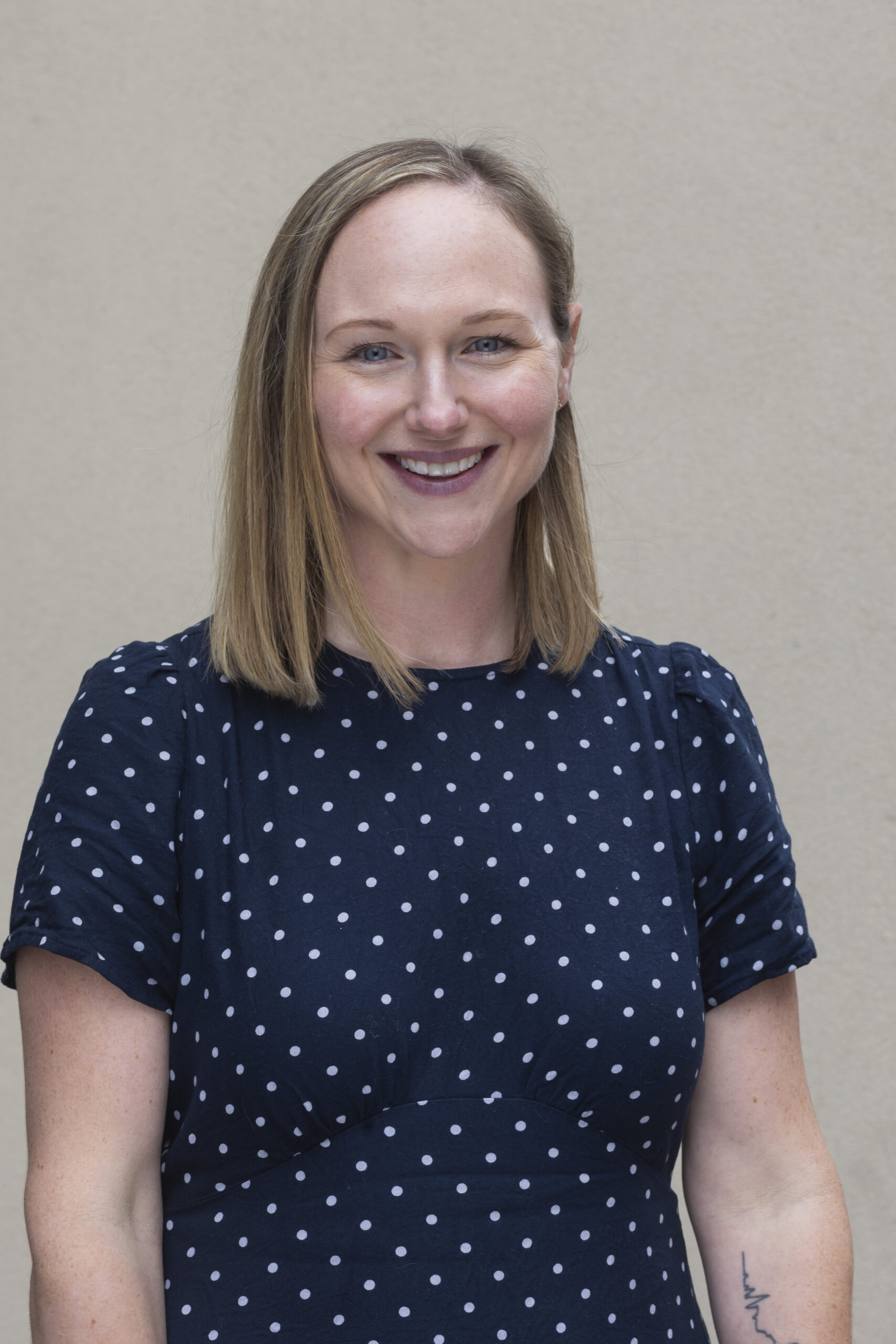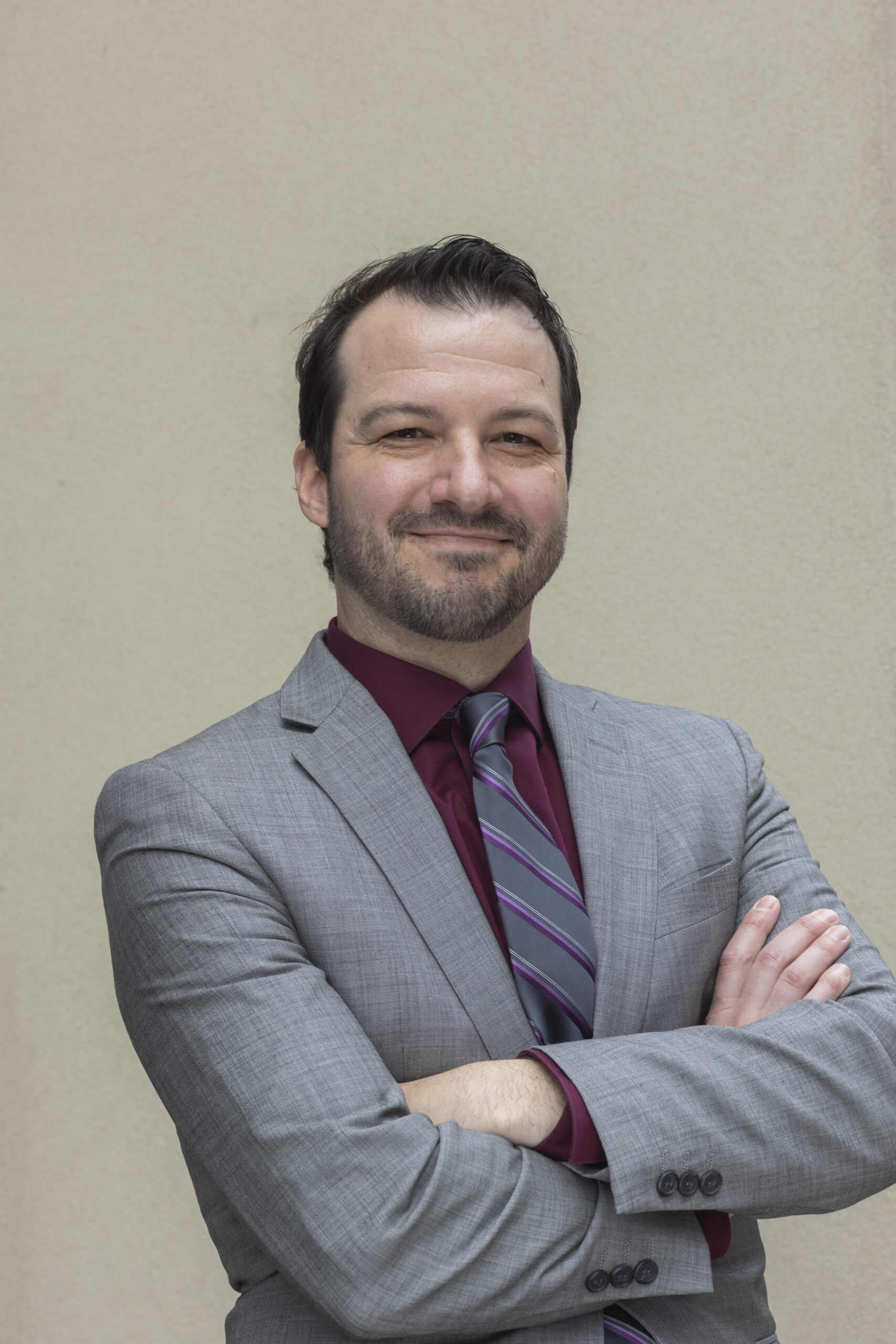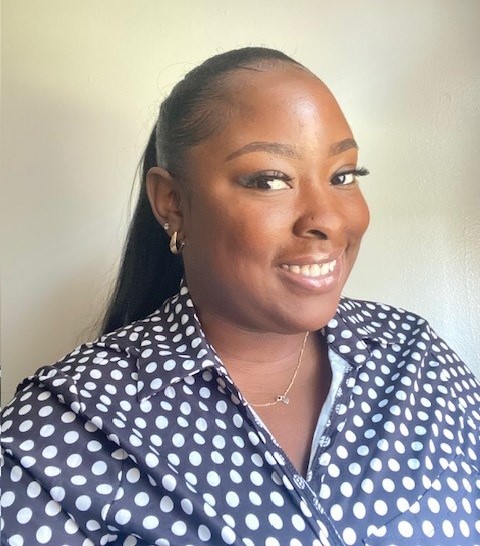STAFF
Diana Goode, Executive Director
Diana has been with the Council since May 2018. She brings 25 years of leadership experience and passion in the nonprofit sector to the important work of raising awareness about problem and responsible gambling. She currently serves as Secretary of the National Council on Problem Gambling’s Affiliates Committee.
Diana previously held executive-level positions with Foodshare, Gifts of Love and Operation Fuel. Community participation and involvement is key to Diana; she has previously served as a board member for the Community Farm of Simsbury, Gackstatter Family Foundation, Avon Land Trust, and Farmington River Watershed.
KAITLIN BROWN LPC, LADC, ICGC II, IGDC, BACC, SENIOR DIRECTOR OF PROGRAMS AND SERVICES
Kaitlin Brown is a Licensed Professional Counselor (LPC), Licensed Drug and Alcohol Counselor (LADC), Internationally Certified Gambling Counselor (ICGC II), holds an International Gaming Disorder Certificate (IGDC) and is a Board Approved Clinical Consultant (BACC) with the International Gambling Counselor Certification Board providing supervision to those seeking to obtain certification in working with Gambling & Gaming Disorders.
Kaitlin is currently the Director of Programs & Services for the Connecticut Council on Problem Gambling, Kaitlin oversees the statewide problem gambling helpline, education, prevention initiatives, and responsible gambling efforts. Kaitlin has provided direct counseling services to those with a gambling disorder as well as family members in the Bettor Choice Treatment Programs in CT.
Kaitlin has also been able to share her knowledge and experiences by delivering clinical and prevention training presentations relating to gambling and gaming on the state, regional and national level. Kaitlin has dedicated her career to helping those affected by Gambling Disorder and continues to make it her mission to increase community awareness of the overall impact of gambling related harm.
Kaitlin is currently a part of the Executive Team for the NCPG Prevention Committee and member of the Helpline & Treatment Committees. In 2021, Kaitlin was honored with the NCPG Jim Wuelfing Prevention Award for her work in helping advance the field of problem gambling prevention.
Paul Tarbox, Director of Public Policy and Communications
Paul Tarbox is the Director of Public Policy and Communications for the Connecticut Council on Problem Gambling (CCPG). In this role, he leads the Council’s legislative advocacy, communications strategy, and stakeholder engagement efforts to strengthen Connecticut’s problem gambling safety net and promote responsible play initiatives statewide.
Prior to joining CCPG, Paul accumulated more than 15 years of experience in government service at the local, state, and federal levels. He previously served as Administrator of the Veterans’ Affairs and Public Safety Committees of the Connecticut General Assembly and as Team Leader for the Senate Majority Clerks. Paul was also a gubernatorial appointee to the Board of Trustees for the Connecticut Department of Veterans Affairs, and has served as an advisor to United States Senators and Representatives in multiple official capacities, as well as through various local government appointments.
A respected presence at the State Capitol, Paul is recognized as a skilled problem solver with a deep understanding of government operations and public policy processes. He has designed, led, and participated in numerous training sessions for agency and institutional staff, advocacy groups, students, and veterans.
An avid writer, Paul has served as a feature writer for a local biweekly newspaper and has published articles in several newspapers and magazines.
A proud United States Army Combat Veteran, Paul served in Operation Iraqi Freedom II, and continues his commitment to service through his membership on the National Council on Problem Gambling’s Communications and Military Committees.
Valerie Tebbetts, IGRS, BARA, Helpline, Recovery, and Training Manager
Valerie Tebbetts has been in recovery from a gambling addiction for over 10 years. She has been a trainer in the State of Connecticut with the staff of Connecticut Department of Mental Health and Addiction Services (DMHAS) Problem Gambling Services and has presented at the National Council on Problem Gambling’s (NCPG) convention on “Mindfulness Based Recovery” and “Financial Issues and Problem Gambling”. She is an Internationally Certified Gambling Counselor and also holds certifications as a CCAR Recovery Coach and a DMHAS Recovery Support Specialist. She is an advocate for all people who are negatively impacted by gambling and passionately believes there is always hope for those willing to get help.
Valerie previously worked as a Peer Counselor for the Bettor Choice treatment program and still serves as a Recovery Coach in a medication assisted treatment program for opioid dependent individuals at UCFS Healthcare in Norwich, CT.
Mallory Schultz, MPH, Prevention Manager
Mallory Schultz is the Prevention Manager for the Connecticut Council on Problem Gambling. She holds a Bachelor of Science in Nutrition and Wellness from the University of Saint Joseph and a Master of Public Health from the University of North Carolina.
With a strong foundation in prevention and community health, Mallory has held various roles across the public health spectrum, including Diabetes Prevention Educator, SNAP Educator, and Prevention Program Coordinator for a state-funded grant. Her career has been dedicated to improving health outcomes through education and community engagement.
In her current role at CCPG, Mallory collaborates with local, regional, and state partners to advance gambling-specific prevention efforts across Connecticut. She leads initiatives focused on youth and college populations, developing and implementing evidence-based programs that promote awareness, reduce stigma, and prevent gambling-related harms.
Mallory has presented at both state and national conferences on the intersection of gambling and public health, effective prevention programming on college campuses, and the relationship between nutrition and individuals experiencing gambling disorder. Passionate about creating lasting impact, she strives to build partnerships and deliver prevention strategies that empower individuals and communities to make informed, healthy choices.
Brian Hatch, CRSS, Community Engagement Manager
Brian has lived experience with gambling harm. He has been in recovery for 16 years. His recovery led him to create and continue to do the podcast ALL IN The Addicted Gambler’s Podcast: A conversation about gambling harm. Brian is a Certified Recovery Support Specialist, an individual member of the National Council on Problem Gambling, worked as a Peer for the Bettor Choice gambling program, and spreads hope and help to those experiencing gambling harm.
Shebrikea Warburton, MSPH, B.Sc, Program Manager
Shebrikea Warburton is the Program Manager for the Multicultural Problem Gambling Prevention Program. She received her Bachelor of Science in Health Science from Howard University and her Master of Science in Public Health from Southern New Hampshire University. She has years of experience working at various non profit and public health organizations across Connecticut such as Hartford Health and Human Services and Community Health Resources. She has also worked for out of state organizations as well such as the Centers For Disease Control and Prevention Foundation. In her role, she designs and promotes activities that help to inform CCPG’s efforts to understand the culturally based motivation to gamble and increase proactive factors within communities to decrease the harm associated with gambling.
